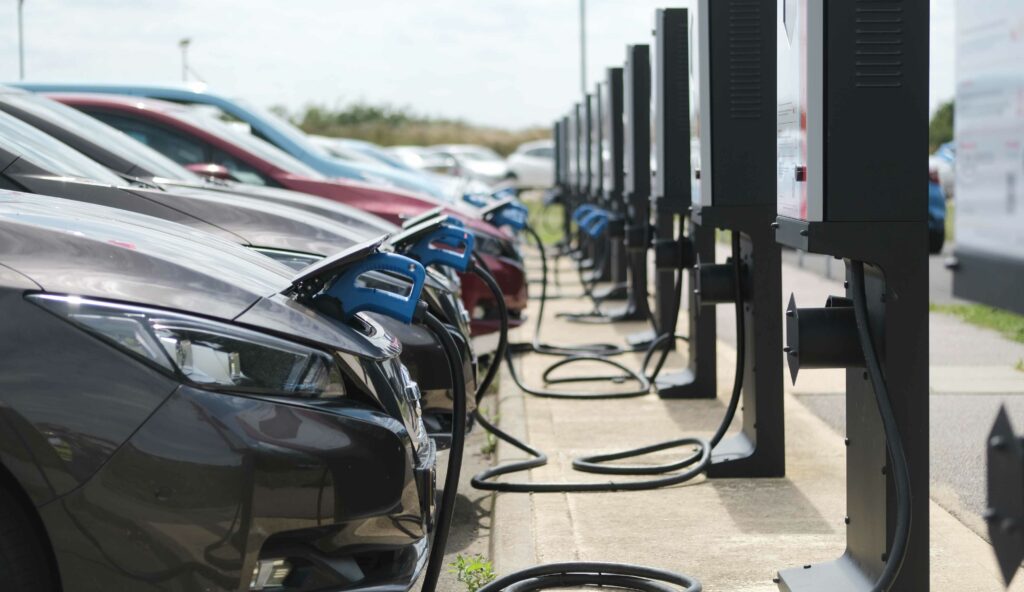Nissan, E.On and Imperial College London have release a new white paper detailing the benefits of vehicle-to-grid (V2G) technology.
This found that it could help deliver overall power system costs savings of between £420 million and £885 million per year during the next decade from a mix of offsetting capital and operational expenditure.
The white paper looked at four use cases to calculate the potential financial benefits, including day-ahead power market trading, 3rd party cost component avoidance, triad savings and firm frequency response.
It found that electricity system operation cost savings could reach up to £12,000 per year per electric vehicle (EV) and CO2 savings of around 60 tonnes per year per EV could be achieved.
For fleets, the annual V2G charging benefits range between £700-£1,250 per vehicle. Andrew Humberstone, managing director of Nissan Motor GB, praised the “enormous potential” of V2G when it comes to cost savings, as well as its ability to “significantly cut C02 emissions across the UK power system”.
As a result of these findings, the white paper details a number of recommendations to help facilitate widespread adoption of V2G.
It outlined how a holistic approach to transport and energy policy is needed to enable the whole system benefits created by V2G to make their way back to providers of V2G flexibility.
Ofgem should consider likely V2G use cases in future changes to network chargers, and the government should prioritise V2G charging infrastructure when developing EV charging regulations.
Ancillary and flexibility services should also be designed with participation from small-scale fleets in mind, with type approval of V2G chargers for provision of frequency response services also recommended to be established.
Alongside this, greater financial support should be offered towards the upfront cost of purchasing and installing a V2G charger.
A 2019 report produced as part of the HAVEN project – a collaboration between The University of Salford, Good Energy, Upside Energy and Honda Motor Europe – found that V2G technology could save consumers £300 a year, with this report also recommending that policy incentives are required to help bring prices of the V2G charger down.
A separate report released that year found that smart charging and V2G could save between €0.5 billion (£.045 billion) and €1.3 billion (£1.2 billion) of prospective grid upgrade costs per year.
Nissan and E.On are currently trialing V2G, having installed 20 chargers at Nissan’s European Technical Centre in Cranfield in August 2020.
The project was designed to test and demonstrate how storing and sharing electricity in fleet vehicles’ batteries can generate additional revenue for participating companies alongside providing support for the power grid.






